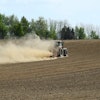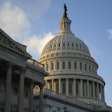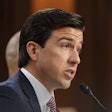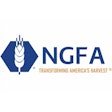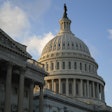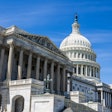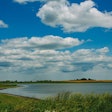
The U.S. Department of Agriculture (USDA) is nearing its 27 million acre cap for the Conservation Reserve Program (CRP) after accepting offers for over 2.2 million acres from agricultural producers and private landowners this year. The initiative, managed by USDA’s Farm Service Agency (FSA), underscores a robust commitment to environmental conservation and climate change mitigation.
Zach Ducheneaux, FSA Administrator, praised the overwhelming participation: "The near-cap enrollment in our CRP programs demonstrates the agricultural community's dedication to combating climate change and enhancing our natural ecosystems.”
This year's enrollment includes significant contributions from the Grassland CRP, which alone accepted nearly 1.44 million acres. States like Nebraska, Colorado, and New Mexico led the way, contributing large swaths of land to the initiative. The program not only facilitates improved biodiversity and environmental protection but also allows landowners to continue essential agricultural practices such as grazing and haying.
Moreover, the initiative prioritizes conservation in critical areas like the Greater Yellowstone Ecosystem and the historical Dust Bowl region, adding over 560,000 acres to these priority zones in 2024.
Additionally, the General CRP and the Continuous CRP signups continue to attract substantial acreage, with nearly 200,000 and over 565,000 acres accepted respectively. These programs are crucial for farmers with less productive lands, providing them the resources to re-establish land cover that supports water quality, reduces soil erosion, and enhances wildlife habitats.
The FSA is still accepting offers through the Continuous CRP, with ongoing signups at local USDA Service Centers, ensuring that the momentum in conservation efforts is maintained.
These initiatives are part of USDA’s broader mission under the Biden-Harris administration to foster a more resilient and equitable agricultural system, emphasizing climate-smart practices and expanding new income avenues for farmers through sustainable development.

